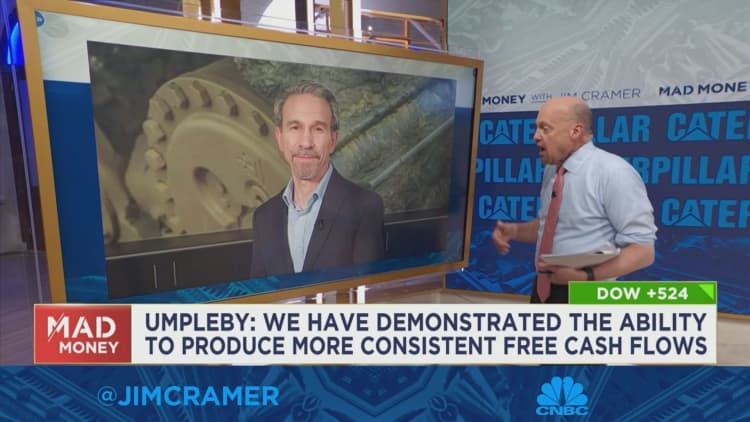[ad_1]
People attend a job fair in Beijing on Aug. 26, 2022. Unemployment for young people ages 16 to 24 has remained persistently high over the last year.
Jade Gao | Afp | Getty Images
BEIJING — China’s top leaders said at a regular meeting Friday that domestic demand is still insufficient, according to state media.
The assessment came after China reported better-than-expected GDP growth of 4.5% in the first quarter, prompting several investment firms to raise their economic forecasts for the year.
“At present the positive turn in China’s economy is primarily one of a recovery. Internal drivers still aren’t strong, and demand is still insufficient,” a state media readout of the meeting said in Chinese, translated by CNBC.
“Economic transformation and upgrade faces new resistance, and the promotion of high quality development still needs to overcome many difficulties and challenges,” the readout said.
Chinese President Xi Jinping led Friday’s gathering of Chinese leaders, known as the Politburo.

The meeting also called for boosting people’s income sources, while improving employment, especially for university graduates.
The unemployment rate for people ages 16 to 24 rose to 19.6% in March, near a record high seen in July 2022. Overall unemployment for people in cities has remained much lower, above 5%.
The meeting readout doesn’t indicate much change on fiscal and monetary policy, said Bruce Pang, chief economist and head of research for Greater China at JLL.
The meeting focused more on promoting consumption and stabilizing investment, he said, noting the comment about the lack of “internal” drive is focused on soft private sector investment and opportunities to improve it.
Tech self-sufficiency
The Politburo meeting also specifically called for further development of new energy vehicles, the construction of battery charging stations and the transformation of power grids.
On artificial intelligence, authorities said China must “attach importance” to “general” AI, create an environment for innovation and pay attention to the prevention of risks.
The first quarter saw artificial intelligence chatbot ChatGPT skyrocket in popularity, prompting many companies in China to double-down on similar products. Public releases so far have focused on business clients rather than the public.
Beijing this month opened to public comment draft rules on AI-generated content.
[ad_2]

